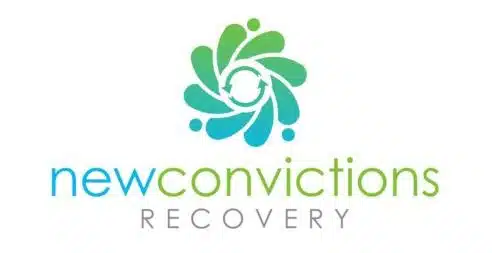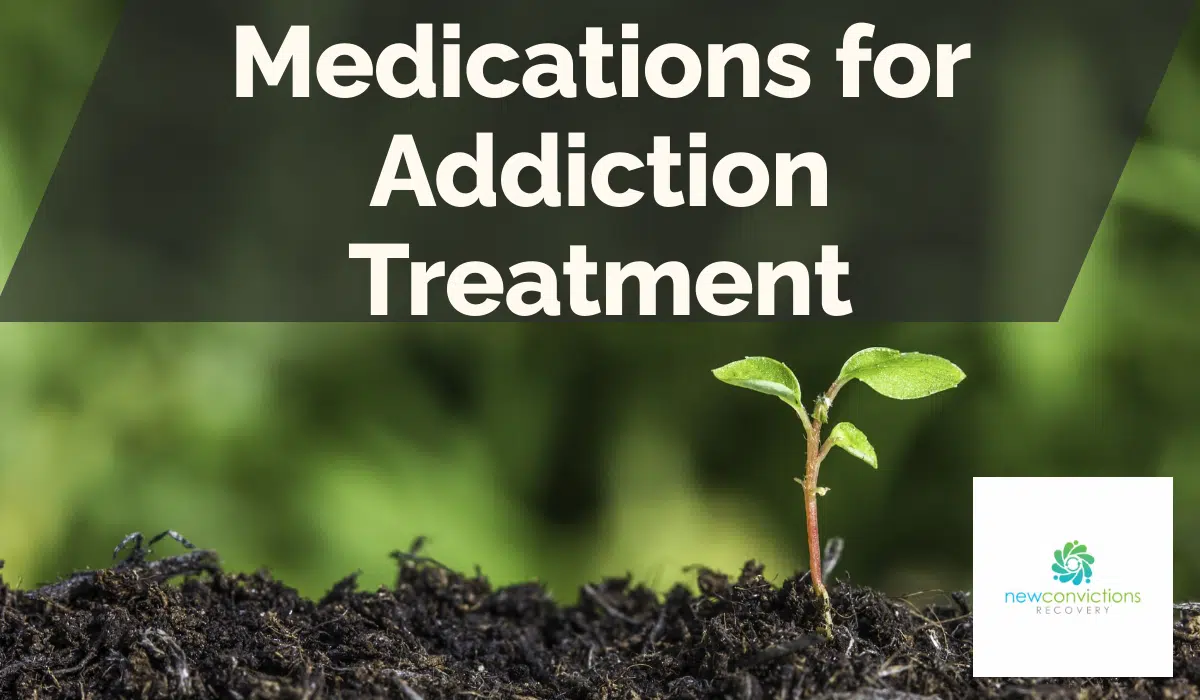Society at large can view addiction as a matter of willpower. Many incorrectly perceive substance use disorder as a moral failing, leaving little room for treatment efforts beyond sheer determination and grit. What many individuals fail to realize is that addiction is a disease that has biological factors in play during the addiction process; therefore, the role of medications can be instrumental in addiction treatment and successful recovery because it addresses the biological aspect of the disease. Medical intervention is often suggested as an adjunct to recovery in utilizing the resources that are available.
Understanding Addiction as a Chronic Disease
Addiction is a complex health condition that affects the brain and its neurological pathways. It involves changes in the way the brain functions, mainly the areas responsible for reward, motivation, learning, and controlling behavior.
Medications for Addiction Treatment
-
Opioid Use Disorder Treatment
For opioid addiction (heroin, prescription pain relievers), medications used are methadone, buprenorphine, and naltrexone. These drugs work by either serving as a stable drug substitute to avoid withdrawal or blocking the euphoric effects and cravings of opioid use. Together, these medications can help to reduce illicit drug use and facilitate a healthy recovery.
-
Alcohol Use Disorder Treatment
For alcohol addiction, doctors may prescribe disulfiram, Acamprosate, and naltrexone. These medications aid in reducing cravings, preventing relapse through negative side effects of ingesting alcohol, and dealing with withdrawal symptoms.
-
Nicotine Addiction Treatment
Nicotine addiction can be combatted using medications like varenicline, bupropion, and nicotine replacement therapy (gum, patch, nasal spray). These medications reduce cravings and withdrawal symptoms to increase the chances of quitting smoking.
The Effectiveness of Medication in Addiction Treatment
Medication-assisted treatment (MAT) combines medications and behavioral therapies. It is a holistic patient approach shown to be highly effective in treating substance use disorders. These medicines help manage withdrawal symptoms and cravings, making it manageable for the patient to engage in therapy.
Common Questions About Medications in Addiction Treatment
Are the medications safe?
Yes, when used as prescribed by a healthcare provider, these medications are safe and can help people live a life free of the chaos of addiction.
Will these medications replace one addiction for another?
No. It’s a common misconception that these drugs replace one addiction for another, but the reality is these medications normalize brain chemistry without producing the highs and lows associated with substance abuse.
Conclusion
Undoubtedly, medications play a significant role in addiction treatment, helping millions of people worldwide to initiate and maintain recovery. By reducing withdrawal symptoms and cravings, they enable individuals to rebuild their lives. Remember, successful treatment extends beyond medication; it also requires the resolve to get better and the support of loved ones.

